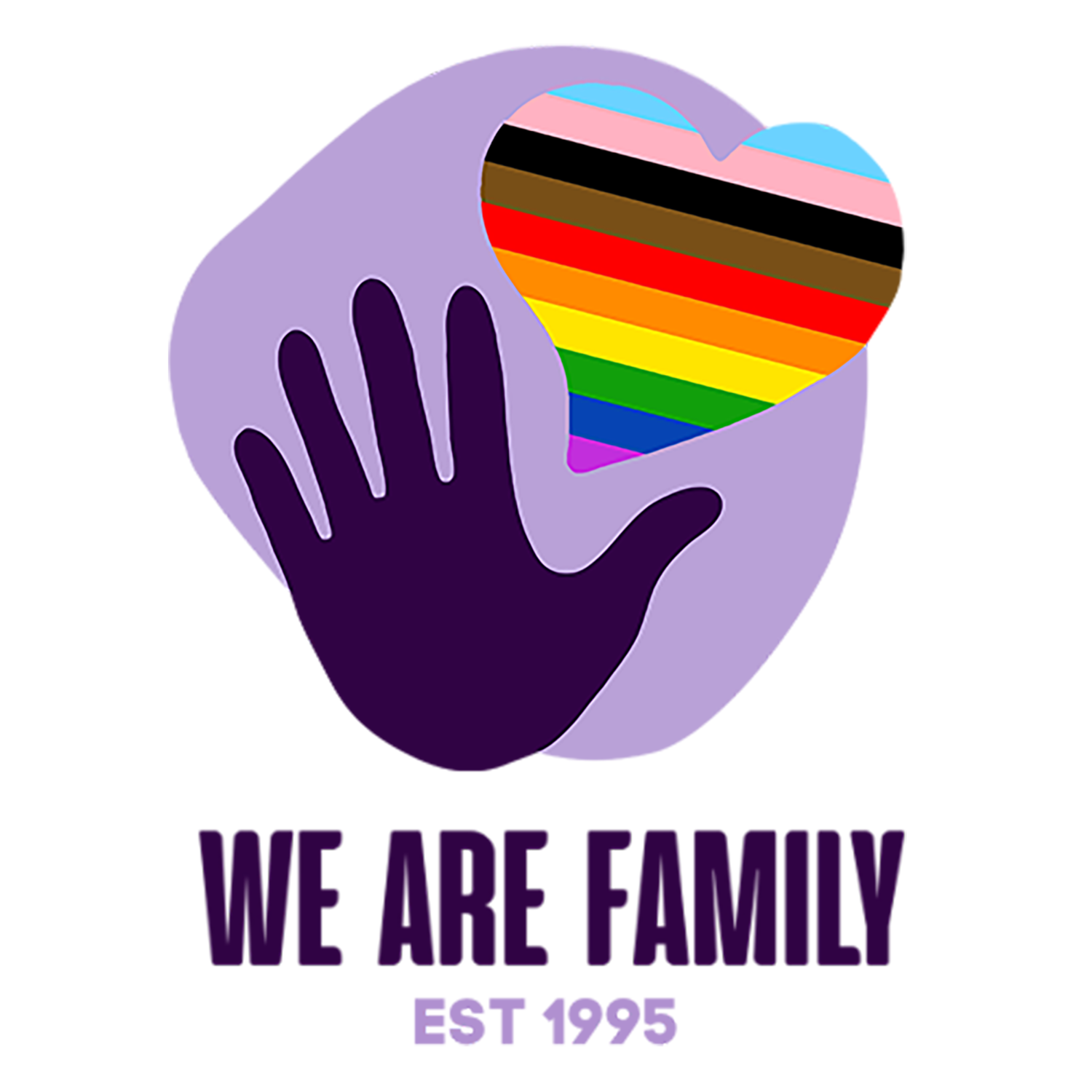Tips for Parents
Believe your child when they come out- none of that, “oh, you’re just confused/it’s a phase/ are you sure/ you’re too young to know” stuff. Chances are, if they’re at the point of talking to you about it, they’ve given it some thought.
Don’t kick your child out of your house or cut him/her/them off financially.
Try Google first- your gay and/or transgender kid should not be expected to be an encyclopedia of knowledge about the issues.
Tell them you love them and are proud of them, no matter what.
Don’t out your child without his/her/their permission.
Research local and national resources (WAF, AFFA, Charleston Area Transgender Support, CHAMP, Trevor Project), and read as much as you can on the subject.
“When a parent first finds out that their child is lesbian, gay, bisexual, or transgender (LGBT), it can be quite confusing. All parents really want is to support their child and take care of them, but they feel like they are not sure how anymore. It’s like the manual they were working from is no longer effective and they are confused about how to proceed (which is not true but sure feels like it at the time). So, as for the question “what is the most important thing that I could do for my child?” The obvious answer is to love, support and accept them 100% and to make sure that they know that you do. Treat them exactly the same and make them feel like nothing has changed (because it really hasn’t).
There is so much more to your child than their sexual preference and/or gender identity, so make sure that does not become the focus of your relationship with them. I think the tendency is for parents to often look at it, at first, as merely a sexual issue so they tend to go overboard with the sex part of it, so taking the focus off of sex is important to do. It is not comfortable for teenagers to have their parents talk to them about sex a lot (I think that is true for any teen!). Keeping them educated and safe is one thing, but focusing on it too much is not good.
Surround your child with books and movies about LGBT issues. Join groups (for both parents and children) so that you do not feel alone. It is critical for your child to know that there are so many people out there who understand them and who are just like them! They need to know they are part of a loving, big community that grows stronger by the day and that is working tirelessly to ensure a bright future for them. Be a part of the movement yourself – you’ll be surprised at the unexpected gifts it will bring you!”
-Catherine Carter, President of Parents and Friends of Lesbians And Gays (PFLAG), Charleston Chapter






